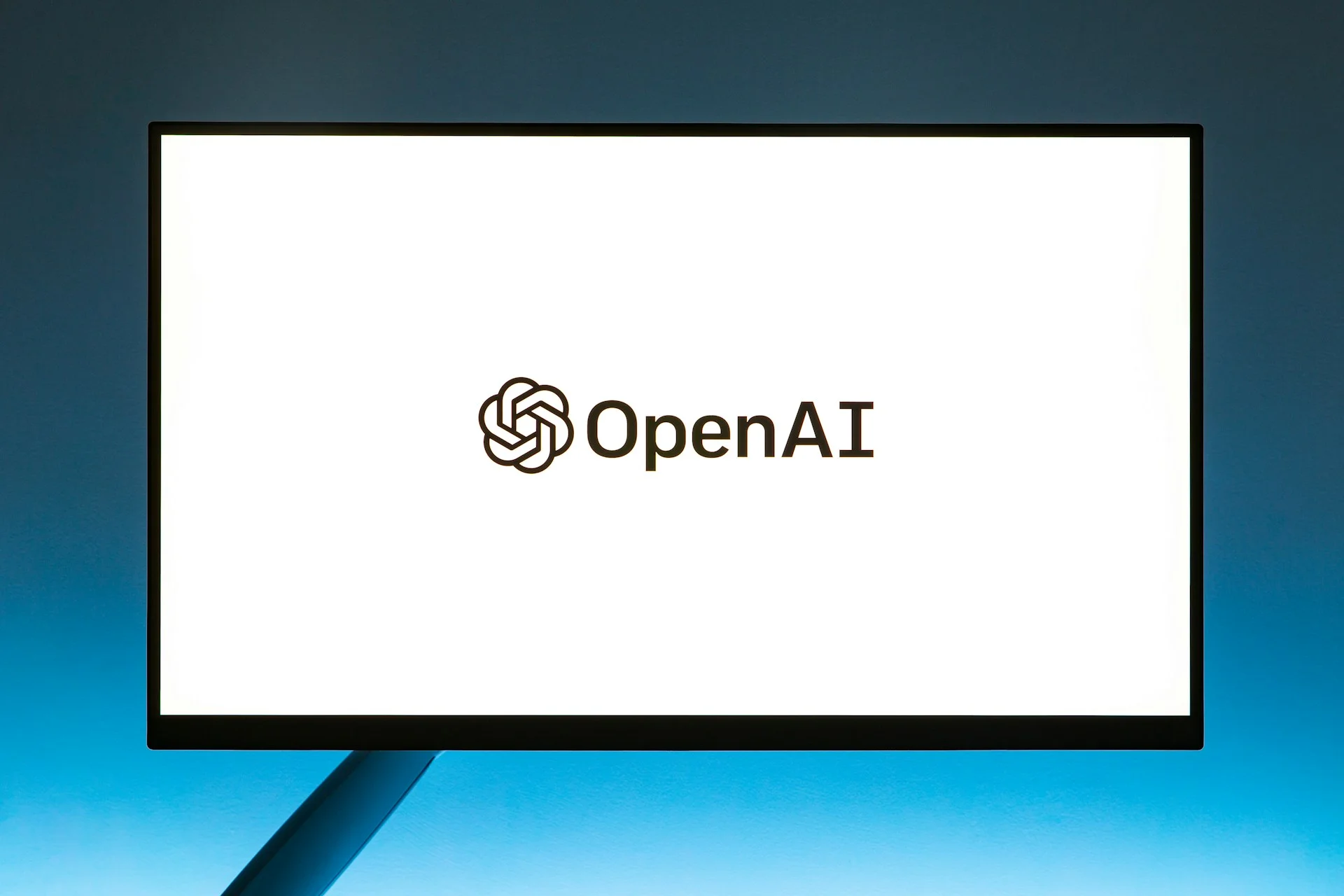In a startling revelation reported by the New York Times, OpenAI, the renowned AI research lab behind ChatGPT, experienced a significant security breach in 2023. A hacker infiltrated OpenAI’s internal messaging systems, stealing details about the company’s artificial intelligence technologies. This incident has sparked widespread concern and raised important questions about the security of cutting-edge AI research.
The Breach: What Happened?
In April last year, a hacker managed to gain unauthorized access to OpenAI’s internal messaging platform. According to the New York Times, the breach was discovered through online forums where OpenAI employees discussed the latest developments in their AI technologies. Two individuals familiar wit02h the situation revealed that the hacker accessed discussions that included sensitive details about OpenAI’s AI designs.
Importantly, the hacker did not breach the systems where OpenAI houses and develops its AI models. This means that while sensitive information was stolen, the core technology and proprietary data of OpenAI remained secure.
Internal Response and Disclosure
OpenAI executives quickly informed their employees about the breach during an all-hands meeting in April 2023. The company’s board was also briefed on the incident. Despite the seriousness of the breach, OpenAI decided not to make the information public. Executives determined that since no customer or partner data had been compromised, there was no immediate need for a public disclosure.
The company assessed the hacker as a private individual with no apparent connections to any foreign government. Consequently, they did not view the incident as a national security threat and chose not to involve federal law enforcement agencies.
Broader Implications and Security Measures
This breach underscores the vulnerabilities inherent in the digital infrastructures of even the most advanced technology companies. It also highlights the necessity for robust security measures to protect sensitive information, particularly in the field of artificial intelligence, where the stakes are incredibly high.
In May, OpenAI took significant steps to enhance its security posture. The company reported disrupting five covert influence operations that aimed to misuse its AI models for deceptive activities online. This proactive approach demonstrates OpenAI’s commitment to safeguarding its technology against malicious use.
Governmental Actions and Industry Commitments
The 2023 breach at OpenAI occurred against a backdrop of increasing governmental and regulatory scrutiny of AI technologies. The Biden administration has been actively working on measures to protect U.S. AI advancements from potential threats posed by foreign entities, particularly China and Russia. Preliminary plans suggest the introduction of guardrails around the most advanced AI models, including ChatGPT.
In response to these concerns, 16 companies involved in AI development pledged at a global meeting in May to adhere to safety standards and ensure the responsible development of AI technologies. This collective commitment is a crucial step in addressing the rapid innovation and emerging risks associated with artificial intelligence.
Conclusion
The 2023 security breach at OpenAI serves as a stark reminder of the ongoing challenges in protecting sensitive AI research and technologies. While the immediate threat may have been mitigated, the incident emphasizes the need for continuous vigilance and robust security protocols. As AI continues to evolve, ensuring the safety and integrity of these technologies will remain a critical priority for researchers, developers, and policymakers alike.
In the ever-expanding field of artificial intelligence, the lessons learned from incidents like this will shape the future of AI security and help build a safer digital landscape for everyone.
More Updates: Artificial Intelligence


